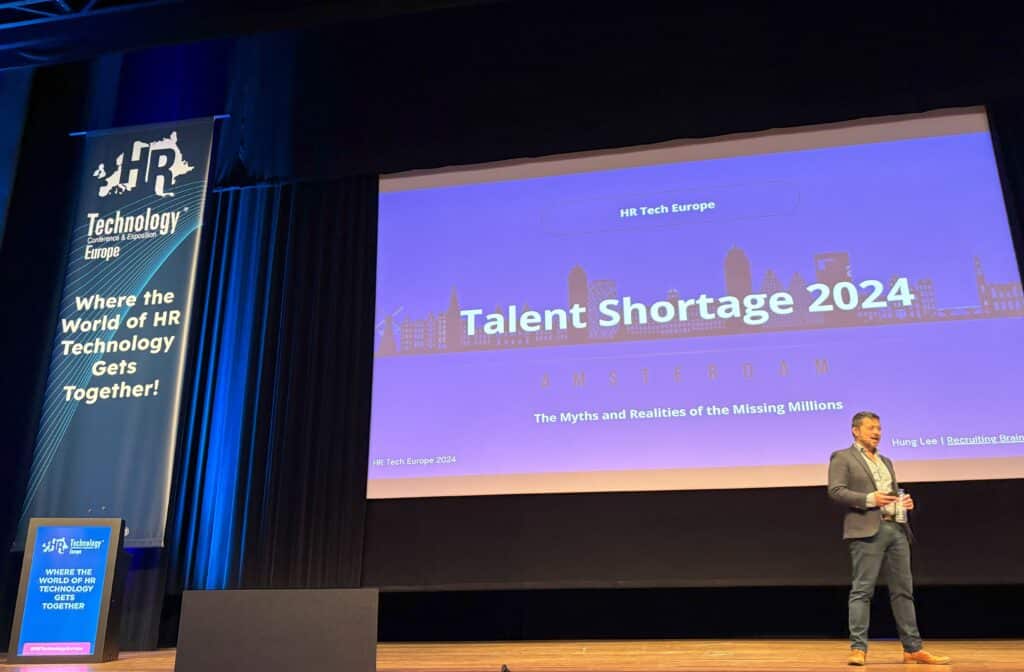Emotional hijacking is when our emotional brain overcomes our thinking brain. Here Jules MacMillan explores the why, what, where, and how to deal with it
Emotional hijacking. We all experience it. That feeling when our emotions get the better of us. When we are frustrated, angry, overwhelmed or stressed and can’t seem to think straight or articulate ourselves well. Not only does it inhibit our ability to communicate clearly, if left unchecked, it can cause us to act out of character and potentially damage our working relationships. So what should we do when it happens? How can we best deal with those emotions and re-engage the more rational part of our brain?
Emotional vs. thinking brain
Firstly let’s simplify our brain into two component parts: the thinking brain and the emotional brain. The emotional brain is the older part of our brain, the limbic system, within which sit the amygdala – two almond shaped clusters that are like our radars for danger. Constantly scanning our environment looking for potential threats in order to keep us safe. Our thinking brain is the frontal, logical part of our brain, the part that interprets data via our senses and emotions and puts them into words, helping us make sense of the world.
In his book The Chimp Paradox Professor Steve Peters uses a great analogy to explain this, he calls the emotional brain, the Chimp, and the thinking brain the Human. Which is why you may sometimes hear the term: ‘managing your inner chimp,’ when it comes to dealing with emotional hijacking. He also says how the chimp is five times stronger than the human, essentially meaning when it comes to us getting emotionally hijacked, we’ve often reacted before the logical part of our brain has even realised.
When faced with threats, our emotional brain, goes into fight, flight or freeze mode. It hijacks our thinking brain inhibiting our ability to think and act rationally
What is emotional hijacking?
On a good day our emotional and thinking brains work in harmony together in alignment with our core values and beliefs, until confronted that is, with a real or perceived threat: such as someone threatening our well-being, being overwhelmed by too much work or someone being rude to us. Interestingly we can react just a strongly to perceived threats as real ones.
When faced with threats, our emotional brain, goes into fight, flight or freeze mode. It hijacks our thinking brain inhibiting our ability to think and act rationally in that moment. So if you’ve ever found yourself overwhelmed by anger or tears and can’t find the right words to use then you’ve experienced emotional hijacking.
Our propensity to be emotionally hijacked is often exacerbated when we are stressed, tired or out of our comfort zones. One of the main factors that can cause us to get emotionally hijacked is when someone infringes upon our core values and beliefs, particularly those of fairness, honesty, and respect. It is an unconscious, visceral and immediate reaction, and we don’t always recognise the cause at the time. Road rage is a good example of this, a disproportionate reaction to someone cutting us up or not using their indicators may tap into our core values around safety and respect.
How do I deal with emotional hijacking?
To best handle emotional hijacking we need to vent, or give voice to, the inner worries, concerns, or frustrations felt by our emotional brain. In doing so, this alleviates the pressure, much like a pressure cooker letting off steam, and re-engages the more rational part of our brain. Fortunately, there are several ways to vent and we need to make sure we do that in a constructive and appropriate manner.
1. Find a venting partner a trusted colleague, friend, or partner with whom you can download all your frustrations to without fear of judgement or interruptions. Make sure you set clear boundaries with them first as you don’t want to inadvertently set off their fight or flight response as you start venting about the injustices of the world.
2. Vent out loud somewhere where no one can hear you, great if you work home alone, alternatively in the privacy of your car, or a well soundproofed meeting room.
3. Download your thoughts non-verbally – type, text or write them down and remember to say all the things that bother you, unfiltered – you can be completely childish and unreasonable here – the aim is to get it all off your chest. If you are going to physically write it down, make sure you have a shredder to hand for afterwards.
This strategy of venting prior to trying to rationalise is crucial. Remember when we are emotionally hijacked, we can’t think as rationally as normal. In truly letting all of those (sometimes justified) thoughts and feelings out we can alleviate the tension felt by our emotional brain and in doing so re-engage our thinking brain.
Coach yourself and others
Once the rational us is back in the driving seat, we can then ask some great coaching questions to gain a sense of perspective, consider next steps and learn more about our triggers to help us deal with them more proactively in the future. You could ask these of yourself and journal the answers or use them with colleagues, friends, or direct reports to help them learn from their own emotional hijacking reactions.
Use open questions, that stimulate thoughts such as:
– What was important to me about this that caused me to become emotionally hijacked?
– What can I learn from this to aid my on-going development?
– What could I do differently or better if something like this were to happen again?
– What may have been going on for the other person to act the way they did?
– What can I learn about them that will help us communicate more effectively?
The next time you find yourself emotionally hijacked remember:
1. You are not alone – everyone has an emotional brain, and we all experience emotional hijacking
2. What causes us to get emotionally hijacked is unique to each of us as it’s based on context, our core values, beliefs, and our life experience
3. You can’t always stop emotional hijacking as it happens, but you can always learn from it
4. Recognising our triggers can help us to proactively manage our future reactions to them.
The quicker we acknowledge and listen to our emotional brain the sooner we can re-engage our thinking brain and ensure we communicate effectively with others and represent ourselves in a positive light.






